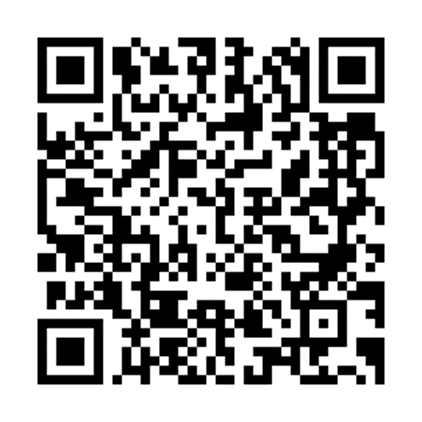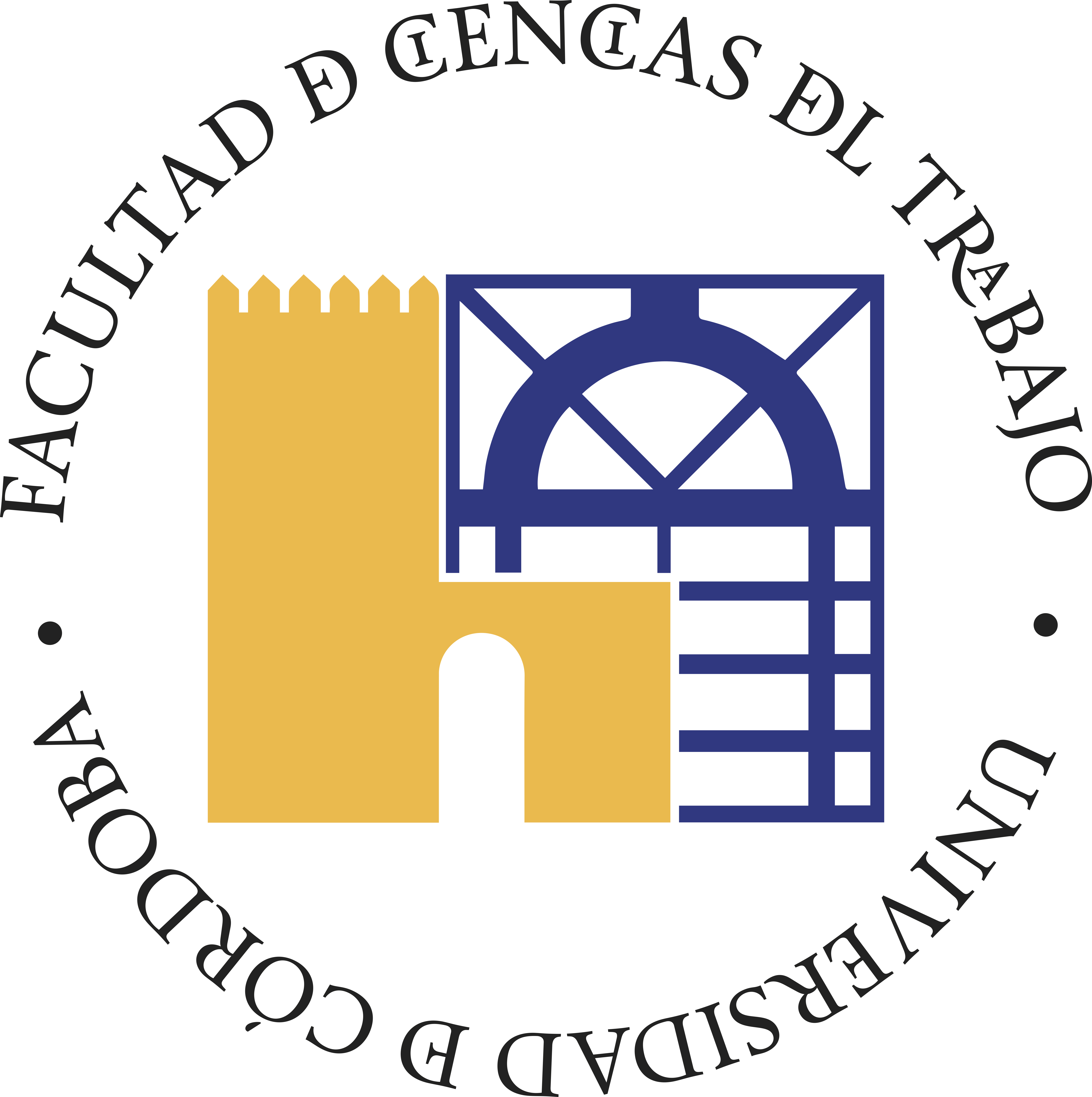- Información relativa a la Mencuión Dual
- Adhesiones:
- APIC
- ASAENEC
- Asociación Estatal de Directores y Gerentes de Servicios Sociales
- Cáritas
- Colegio Profesional de Trabajo Social de Córdoba
- AEDGSS España
- Delegación Junta de Andalucía. Inclusión Social
- Delegación Servicios Sociales Ayuntamiento de Córdoba
- Diputación Provincial de Córdoba, Servicios Sociales
- Fundación PRODE
- Proyecto Hombre
With the intention of improving the educational offerings and facing future professional challenges, the Faculty of Labor Sciences is promoting the launch of various higher education programs (Master's, Doctorate, Expert programs, etc.—all of them with the highest academic recognition) that will provide ongoing and more in-depth training in subjects or aspects closely related to the content taught in the Center's degree programs.
To this end, and in order to enhance this aspect, we are interested in knowing your opinion regarding the interest these studies might generate or even about other topics you may suggest. You can send us an email with your information (name, email, and degree of origin) to: Esta dirección de correo electrónico está siendo protegida contra los robots de spam. Necesita tener JavaScript habilitado para poder verlo., so we can notify you about educational offerings that might interest you.
Practicum Coordination
- Virginia Navajas Romero
The tutorial action aims to address the information and guidance needs of new students, their challenges in tackling academic tasks, the difficulties in navigating educational paths, and the lack of information about career opportunities.
Its main objectives are:
- Personal guidance: personality development, motivation, creativity, and effort.
- Academic guidance: time planning and management, study techniques and habits, curricular paths.
- Career guidance: career opportunities, postgraduate education.
The Faculty of Labor Sciences at the University of Córdoba offers students of the following degrees:
- Degree in Labor Relations and Human Resources
- Degree in Tourism
- Joint Program in Tourism, Translation, and Interpretation
The necessary advice and assistance for better integration into the academic university environment.
PATU Structure
- DEGREE IN LABOR RELATIONS AND HUMAN RESOURCES (RRLL Y RRHH)
-
Coordinator of the Degree in Labor Relations and Human Resources: Professor José Bascón Marín Esta dirección de correo electrónico está siendo protegida contra los robots de spam. Necesita tener JavaScript habilitado para poder verlo.
-
PATU Tutor Professor: Mónica Alonso Morales Esta dirección de correo electrónico está siendo protegida contra los robots de spam. Necesita tener JavaScript habilitado para poder verlo.
- PATU Mentor Students: Rosa M. Leal Granados Esta dirección de correo electrónico está siendo protegida contra los robots de spam. Necesita tener JavaScript habilitado para poder verlo., Lucía Martín Naranjo Esta dirección de correo electrónico está siendo protegida contra los robots de spam. Necesita tener JavaScript habilitado para poder verlo., Marta Melero Garrido Esta dirección de correo electrónico está siendo protegida contra los robots de spam. Necesita tener JavaScript habilitado para poder verlo., Claudia M. Pérez Lara Esta dirección de correo electrónico está siendo protegida contra los robots de spam. Necesita tener JavaScript habilitado para poder verlo. y Jonathan Santiago Martínez Esta dirección de correo electrónico está siendo protegida contra los robots de spam. Necesita tener JavaScript habilitado para poder verlo.
-
- DEGREE IN TOURISM AND JOINT PROGRAM IN TOURISM, TRANSLATION, AND INTERPRETATION
- Coordinator of the Degree in Tourism: Profesora Mª Ángeles Recio Ramírez Esta dirección de correo electrónico está siendo protegida contra los robots de spam. Necesita tener JavaScript habilitado para poder verlo.
- PATU Tutor Professor: José Antonio Fernández Gallardo Esta dirección de correo electrónico está siendo protegida contra los robots de spam. Necesita tener JavaScript habilitado para poder verlo.
- PATU Mentor Students: Andrés Ayllón Cabezón Esta dirección de correo electrónico está siendo protegida contra los robots de spam. Necesita tener JavaScript habilitado para poder verlo. / Noa Sánchez García Esta dirección de correo electrónico está siendo protegida contra los robots de spam. Necesita tener JavaScript habilitado para poder verlo. / Marina Palomino González Esta dirección de correo electrónico está siendo protegida contra los robots de spam. Necesita tener JavaScript habilitado para poder verlo.
PATU DOCUMENTS
- PATU Enrollment Request
- Initial Record
- Follow-up Record
- PATU REGULATIONS

Information
The purpose of compensation assessment is to provide a pathway for students close to obtaining an official degree from the University of Córdoba (excluding PhDs) who face exceptional circumstances and are unable to complete the last credits or subjects. It aims to evaluate if the student possesses the necessary knowledge and competencies to obtain the degree through a global curricular evaluation.
Deadlines for application and resolution of the Compensation Assessment for the 2018/2019 academic year (Published on 10/02/2018)
Compensation Assessment Regulation (Updated on 01/24/2017)
- Compensation Assessment Regulation for official undergraduate degrees of the University of Córdoba (Published on 05/30/2016). Agreement of the Governing Council, in the ordinary session of May 25, 2016, approving the Compensation Assessment Regulation for Official Undergraduate Degrees of the University of Córdoba



